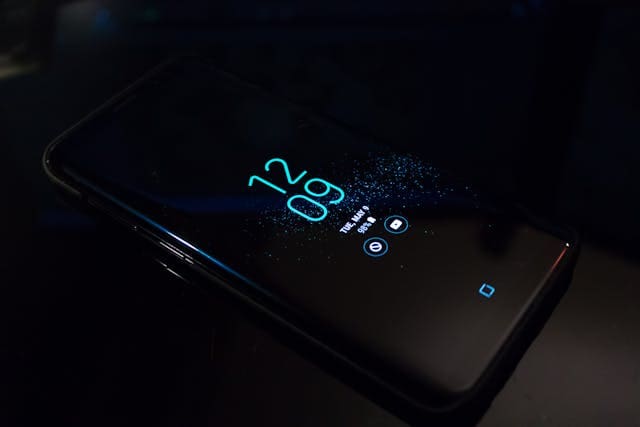There was a lot of hype and hope around Humane’s AI pin when it launched back in April of 2024. This little hardware assistant was seen as a potential harbinger of the future, demonstrating what dedicated AI platforms could accomplish in a small wearable form factor. The product ultimately failed to perform, and in doing so acted as a tipping point for what many consider the over-promise and under-delivery of AI technology. Recently experiencing another setback, concerns about AI inclusion are only becoming more common.
What is an AI Pin Anyway?
The idea of Humane’s AI pin is to act as a mobile voice-operated computer that can be used for many simple tasks. It clips to your shirt and functions mainly with a built-in camera, speaker, microphone, laser projector, and WiFi connection. The camera and microphone allow it to sense its external environment, and the WiFi connection allows it to send and receive commands through an AI host server.
Through a combination of these features, the AI pin can read text messages, write messages and lists from voice control, answer simple questions, identify objects, and more. The idea of the platform was to ostensibly replace the potential of a smartphone with something more akin to a Star Trek communicator, but the result was limited.
Humane’s (and AI’s) Missteps
According to recent reports, the latest issue of Humane’s AI pin stems from the propensity of the attached portable charging case to overheat due to an issue with its included lithium polymer battery. This is a potential fire hazard, though there are no currently reported instances of damage or injury. Obviously not ideal, this issue brings to mind other concerns about the usefulness of AI in common systems, and how unnecessary their inclusion can be.
In the right software, in the right situation, AI can be extremely helpful. Basic AI has existed ever since the first computer, and we use AI functions every day without knowing it. The problem comes from overcommitting to the technology, turning it from a smaller useful tool for a specific job into little more than an overpromising gimmick that complicates more than it supports.
Consider one of the more common and successful forms of online entertainment, digital casino gaming. A service like an NJ online casino works on traditional iGaming offers like free spins, deposit matches, and a wide range of games over many different devices. Whether playing slots or browsing, the industry maintains a focus on what players want, and in doing so it doesn’t add meaningless fluff to the experience. There is no unnecessary bolted-on AI, and the same is true for many other types of traditional digital entertainment.
On the other hand, we have AI applications in household appliances like dishwashers and toasters. In these cases, AI features add nothing to the systems but more potential failure points. It’s the case of reinventing the wheel, and that’s practically the same issue as demonstrated by Humane with the AI pin.
There is almost nothing that the AI pin can do that a standard smartphone can’t do. That which the pin can do which a smartphone can’t is useless for almost everyone. Sure, you could put a laser projector on a phone, or you could look at the screen. You could pin AI to your chest, or you could carry it in your pocket like you already do. The AI pin is solving problems that never should have existed in the first place, in a rush to corner a market it only imagines exists. Sometimes, simplicity is best, and as we hope more tech companies learn, this is a fundamental part of a positive user experience.
The New Jersey Digest is a new jersey magazine that has chronicled daily life in the Garden State for over 10 years.
- Staffhttps://thedigestonline.com/author/thedigeststaff/
- Staffhttps://thedigestonline.com/author/thedigeststaff/
- Staffhttps://thedigestonline.com/author/thedigeststaff/
- Staffhttps://thedigestonline.com/author/thedigeststaff/


